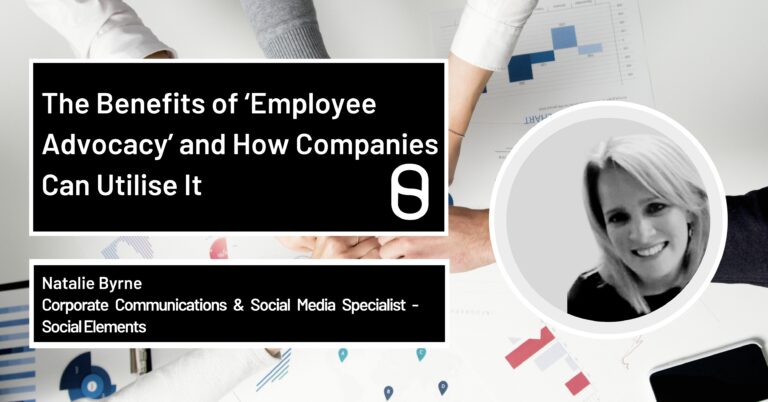What Scientists Wish Start-ups Knew (and Vice Versa)
7 Insights for Researchers, Founders, and Everyone in Between
At Pathway Open, we believe the future of science and innovation lies where academic rigor meets entrepreneurial action. When brilliant scientists and ambitious founders connect, extraordinary advances in healthcare, biotech, and beyond become possible. Yet, these collaborations aren’t always as smooth as they could be.
Whether you’re a scientist thinking about a start-up partnership or a founder looking to validate a big idea, here’s what both sides wish the other knew – plus how to build a bridge that makes real impact.
1. Fast Isn’t Always Better: Find the Balance
- Start-ups thrive on speed, often taking products to market in months.
- Scientists value depth, a single pilot study or publication can take a year or more for good reason: lives, safety, and credibility are at stake.
The reality: Not every project needs to start from zero. Repurpose proven methods where you can, but don’t cut corners on crucial validation. Respect each other’s pace and set milestones with time for iteration and learning.

2. Commercial Success Drives Change, Not Just Publications
- For scientists, journals and citations are critical career milestones.
- For start-ups, results matter: Does the solution work at scale? Will patients or users benefit?
Tip: Impact isn’t just measured in journal impact factors. Celebrate both regulatory approvals and published findings. Align on a mission that values real-world outcomes and academic excellence.
3. IP Conversations Early, Not Awkward, Just Smart
- Intellectual Property (IP) is often the make-or-break topic.
- Academics may want open collaboration and credit; founders need clear ownership to attract investment.
Best practice: Don’t be shy start IP conversations early. Most universities are prepared to negotiate, and clarity on who owns what prevents painful misunderstandings down the road.

4. Communication: Speak Across Cultures
- Scientists use precise, cautious language.
- Start-ups are bold, using persuasive language to secure support.
How to bridge: Bring in science communicators or advisors who can translate deep technical results into stories that engage a wider audience – without losing accuracy.
5. Navigate “Publish or Perish” vs. “Ship or Die”
- Academics depend on publishing for their careers and are wary of releasing data too soon.
- Start-ups need momentum, often sharing early results to attract critical funding or partnerships.
Solution: Agree upfront on what’s shared and when, NDAs and embargoes can protect both sides until the right moment.

6. Build Trust Deliberately
- Trust is slow to earn and easy to lose.
- Academics fear losing control or credit; founders fear delays.
Make it work: Be radically transparent. Share pressures and expectations early and often, use formal agreements, and check in as things evolve.
7. Everyone Wants Impact—But Define It Together
- Scientists: driven by discovery, recognition, and lasting change.
- Entrepreneurs: focused on products, users, and market growth.
Practice: Set shared milestones for both research and commercial goals. Celebrate every joint win, from papers published to prototypes shipped.
Final Thought
Science and entrepreneurship shouldn’t be two separate worlds. By building highly communicative, trust-based partnerships, both scientists and founders can push boundaries and create solutions that reach patients, markets, and society much faster and with more meaning.
About the Author – Open Pathways
Pathways is where bright ideas get the scientific backing they deserve. Their technology pairs progressive companies with prominent thinkers who share their vision.


